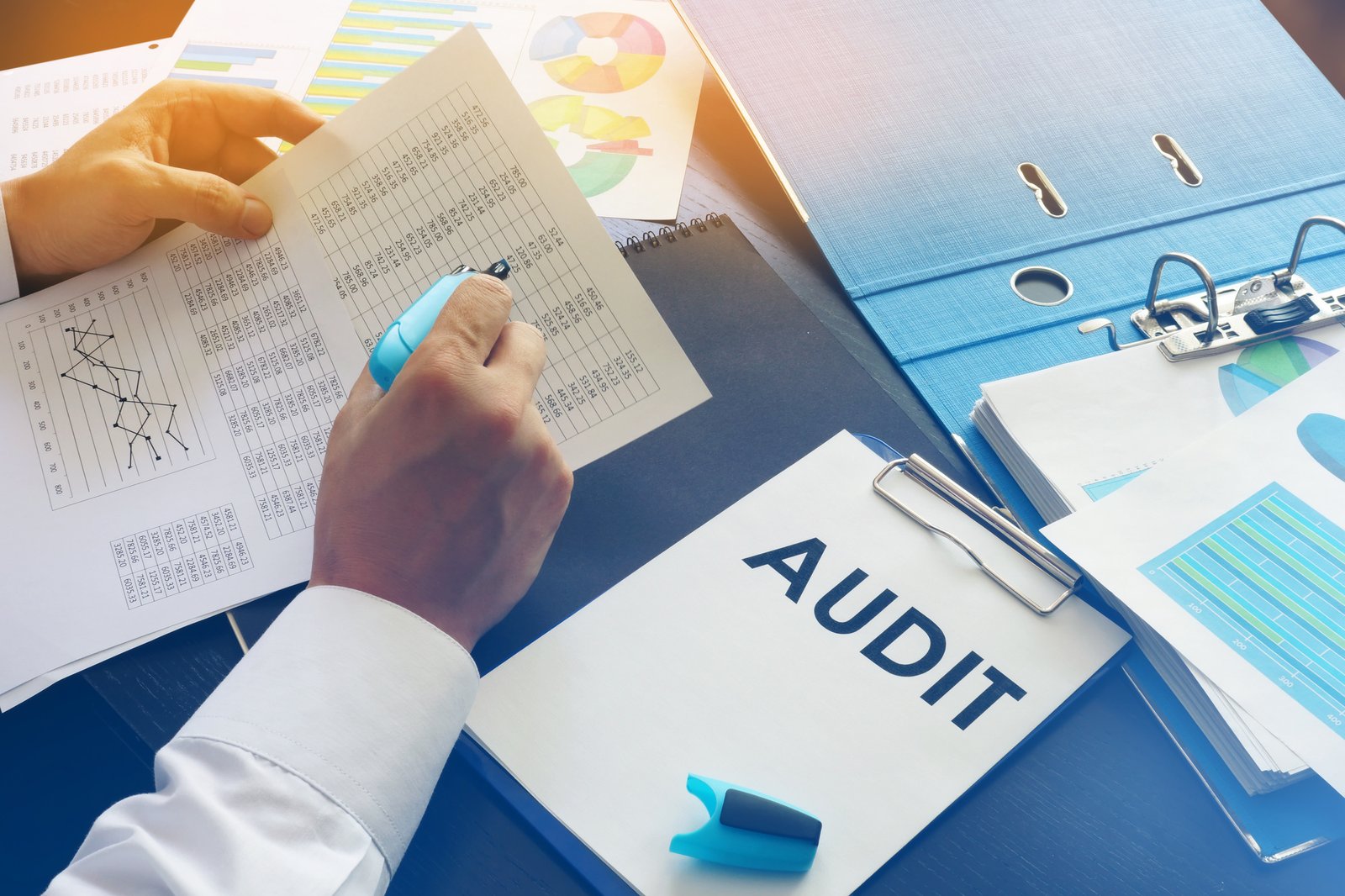Table of Contents
Energy costs are on the rise at an incredible rate. In February 2022, natural gas prices were up 24% from the previous year. These rising energy costs affect businesses’ overhead costs and ability to operate.
As a result, many business owners are looking at their companies to see where they can reduce their energy expenses. One way to identify energy inefficiencies is with a commercial energy audit. Conducting an audit will help your business turn these inefficiencies into cost savings.
Read on to learn the procedures for a commercial building energy audit and how conducting one can benefit your business.
What Is a Commercial Energy Audit?
A commercial energy audit analyzes your building’s systems and structure to determine where it is losing energy. For example, an auditor will examine your lighting and HVAC systems to determine if those systems are working inefficiently. An audit will generate potential fixes and energy conservation measures.
How to Conduct a Commercial Energy Audit
Commercial energy audits are done by a professional energy auditor. A certified energy auditor will go through and inspect your building. You will need to be on-site or have someone there so that the auditor can enter the necessary parts of your building.
But, before they look at your building, they will sit down with you to go over your utility bills and establish baselines. This information will help them determine what energy issues there might be and develop a viable solution.
Once the auditor has inspected and analyzed, they will give you a report detailing their findings. This report will create a plan your business can follow to improve your building’s energy efficiency and reduce costs.
Energy Audit Checklist for Commercial Buildings
Before you begin your audit, you will want to gather information about your building and energy usage. Ideally, you will want information that dates back a year to understand changes in energy usage in summer and winter. If you currently know of issues with your systems, prioritize auditing them.
One area you will want to check is your HVAC system. You could have leaks, blockages, or a faulty thermostat that causes your HVAC system to operate inefficiently. You can learn about getting your HVAC system inspected and repaired at Industrialmech.com.
As part of keeping your heating and cooling costs in check, look at your building’s installation, roof, and windows to see if they are leaking air. Repairing these leaks can reduce the work your HVAC system must do.
Next, take a look at the lighting in your building to determine if you are using energy-efficient bulbs. Changing those bulbs to energy-efficient LED lights can reduce your energy costs. Also, review policies to ensure lights are not left on unnecessarily.
Also, take a look at your mechanical systems and machinery. Determine if they are in working order. If your equipment is old, your business could benefit by installing new machinery that is more energy-efficient.
Benefits of Commercial Energy Auditing
A professional audit of your building will provide you with a comprehensive plan to reduce your energy costs. Implementing these changes can save your business on overhead expenses every month. These savings put more money into your pocket as profit.
Energy efficiency is also important to today’s consumers. If your business uses more green technology to reduce energy use, you can appeal to these consumers and increase your sales.
Reduce Your Business Energy Costs Today
A commercial energy audit will allow your business to find areas where you are losing out due to inefficiencies. By following the recommendations in an energy audit report, you can implement energy-saving tactics. These tactics will reduce your utility expenses.
Do you want to keep up with the changing energy trends? Check out our website for the latest business news.

